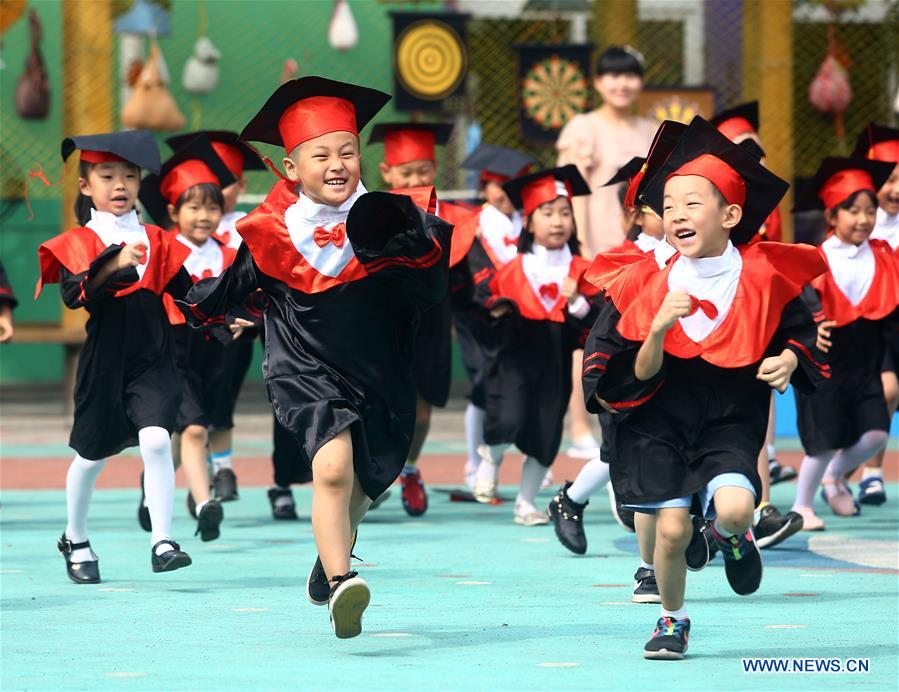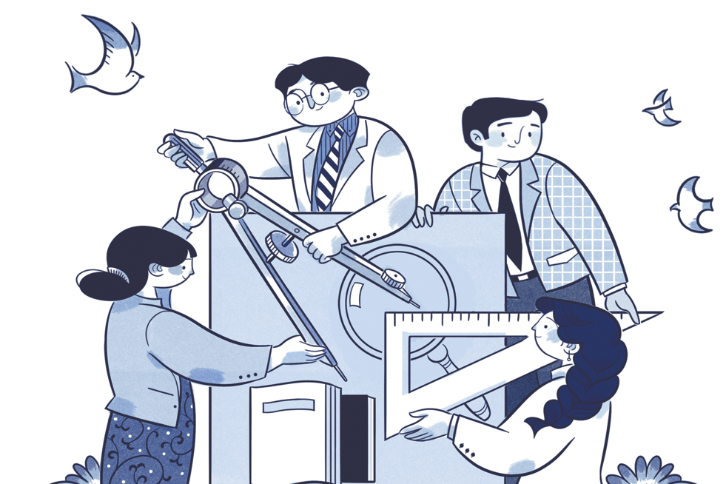Fair education only way for rural kids to climb social ladder


Editor's note: A distance learning project that has livestreamed courses of a key middle school in Chengdu, Sichuan province, to 72,000 students in less developed western parts of the country over the past three years has improved the performance of many of these students, and 88 of the first batch of graduates were admitted by Peking University and Tsinghua University, the top two universities in China. China Youth Daily comments:
The project has rekindled the hope of some poor families that education can help change their children's fate. The dropout rate in some less developed regions has remained high these years as many parents refuse to spend what money they have just to send a child to college.
Many middle school students opt to leave school to work as migrant workers after finishing the nine-year compulsory education at the age of 16 or 17.
It is good to see that the distance learning project has promoted a change of mind among local people about the value of education, which the governments at various levels have failed to do.
Statistics show the percentage of rural students in China's top universities today is markedly lower than in the late 1970s and early 1980s, when China had just launched reform and opening-up, despite various special favorable programs to enroll rural students.
It is more difficult for rural children to attend the best universities, because of the comparatively lower education quality of rural primary and middle schools. In other words, the high dropout rate stems from the unfair distribution of education resources, making it much more difficult for rural children to climb up the social ladder through education.
Given that nearly half of the children of schooling age are from the countryside, the widening gap between rural and urban education resources, if unchecked, will cause serious social and economic problems. A healthy and vigorous society should distribute its education resources fairly, if not tilt them more to the poorer regions, so that all children can pursue a better life through self-development.
After 2020, when the country achieves its goal of eliminating all abject rural poverty, China should focus its poverty alleviation efforts on ensuring the equality of resources for self-development.


































